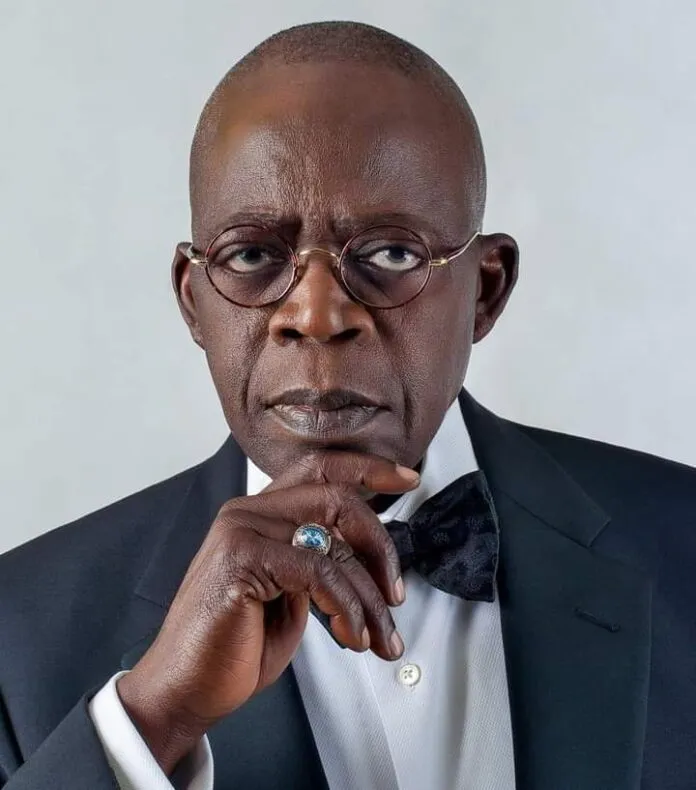Tinubu's Visit to Saint Lucia Strengthens African-Caribbean Ties, Marks Diplomatic Milestone

President Bola Ahmed Tinubu has embarked on a historic state visit to Saint Lucia, in a diplomatic move aimed at deepening cultural, economic, and strategic relations between Nigeria and the Caribbean nation.
The visit, hailed by many in Saint Lucia as a rekindling of ancestral bonds, is seen as a significant step in reconnecting with African roots and expanding South-South cooperation. According to officials from both nations, the engagement aligns with Nigeria’s “Four Ds” foreign policy framework: Democracy, Development, Diaspora, and Demography.
Saint Lucia, which hosts the headquarters of the Organisation of Eastern Caribbean States (OECS), is viewed as a gateway to the Caribbean Community (CARICOM), a bloc of 15 member states with a combined GDP of over $130 billion. Strengthening ties with Saint Lucia provides Nigeria a strategic entry point into the wider Caribbean region.
A Legacy of Shared History
The ties between Nigeria and Saint Lucia stretch back centuries, with waves of African immigrants—many from what is now Nigeria—settling in the island nation during the 19th century. These communities have preserved aspects of Nigerian culture and religious practices that remain part of Saint Lucia’s diverse heritage.
One of the most symbolic representations of this bond is Sir Darnley Alexander, a Saint Lucian-born jurist who served as Nigeria’s Chief Justice from 1975 to 1979. His son, Michael Alexander, also served Nigeria as a medical doctor during the civil war, highlighting the deep people-to-people connections.
Architect Neville Skeete, another Saint Lucian, contributed to the design of the Central Bank of Nigeria’s headquarters in Abuja—another sign of the professional linkages between both countries.
Cultural Diplomacy and Economic Prospects
Ahead of Tinubu’s arrival, Nigerian culture already made its mark in Saint Lucia. Local radio stations played Afrobeats music during the Gros Islet Street Party—one of the country’s most famous weekly cultural events—underscoring Nigeria’s growing soft power in the region.
Nigeria is also expanding its presence through educational collaboration. President Tinubu is expected to visit Sir Arthur Lewis Community College, named after the Nobel laureate economist, to explore academic partnerships. Members of Nigeria’s Technical Aid Corps (TAC), who are part of the presidential delegation, represent the nation’s efforts to share expertise with African, Caribbean, and Pacific countries.
Promoting Democracy and Engagement with the Diaspora
Saint Lucia and Nigeria share common values of democratic governance. During live television coverage of Tinubu’s arrival, local commentators described him as a “fighter for democracy,” referencing his long-standing role in Nigeria’s democratic movement.
The visit also includes a reception hosted by the Prime Minister of Saint Lucia, where the Nigerian community on the island will meet with President Tinubu. The event offers a rare opportunity for direct engagement with Nigerians living abroad.
A Rare and Symbolic Visit
Since its independence in 1979, Saint Lucia has hosted fewer than ten official state visits. President Tinubu’s arrival marks the first by an African head of state since Nelson Mandela’s visit in 1998. As part of the itinerary, President Tinubu will address a special joint session of Saint Lucia’s bi-cameral Parliament at the Sandals Grande Saint Lucian Conference Hall—once the venue of a keynote speech by former U.S. President Bill Clinton.
President Tinubu’s visit, officials say, reinforces Nigeria’s commitment to global partnerships rooted in shared history, democratic values, and mutual development.

